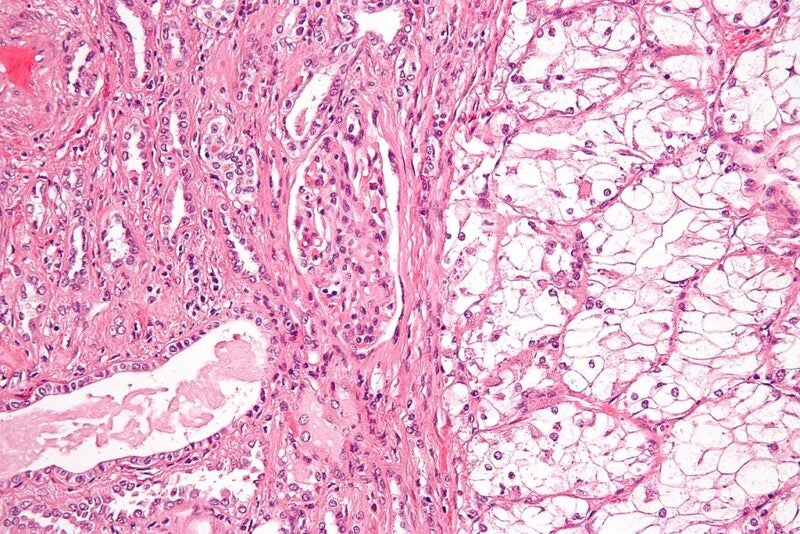
Teon Therapeutics has treated the first subject in its Phase I/II clinical trial of TT-816 in patients with advanced solid tumours.
The first-in-human, open-label, multiple ascending dose and dose-expansion trial is assessing the safety and efficacy of TT-816 given orally.

Discover B2B Marketing That Performs
Combine business intelligence and editorial excellence to reach engaged professionals across 36 leading media platforms.
The phase I portion is studying TT-816 monotherapy’s safety, tolerability, pharmacokinetics, and initial clinical activity, and will identify a recommended dose for Phase II.
Phase II will analyse the safety and define the initial efficacy of TT-816 monotherapy in combination with a PD-1 inhibitor in the advanced solid tumour settings including non-small cell lung cancer, ovarian cancer, and renal cell carcinoma.
In the trial, the company plans to enrol 200 subjects with advanced solid tumours who are unresponsive to the standard-of-care and may not have anymore therapy options.
An oral cannabinoid CB₂ receptor antagonist, TT-816 works as an immune checkpoint inhibitor to treat various solid tumours.

US Tariffs are shifting - will you react or anticipate?
Don’t let policy changes catch you off guard. Stay proactive with real-time data and expert analysis.
By GlobalDataAccording to preclinical data, the therapy showed to boost NK cell tumour killing and T cell activation effects in vitro, enhancing tumour infiltrating T cells and NK cells in vivo.
Teon Therapeutics CEO Serge Messerlian said: “The initiation of our Phase I/II trial of TT-816 is an important step in our mission to invent new hope for patients by providing meaningful treatments to those with few remaining alternatives.
“Supported by strong preclinical data, we believe TT-816 has unique mechanisms of action that go beyond current checkpoint inhibitors by enhancing both T cell and NK cell antitumor immunity, preventing broad-based T cell exhaustion, synergising antitumor effects with current immune checkpoint inhibitor therapies, and directly promoting T cell infiltration into solid tumours.”





